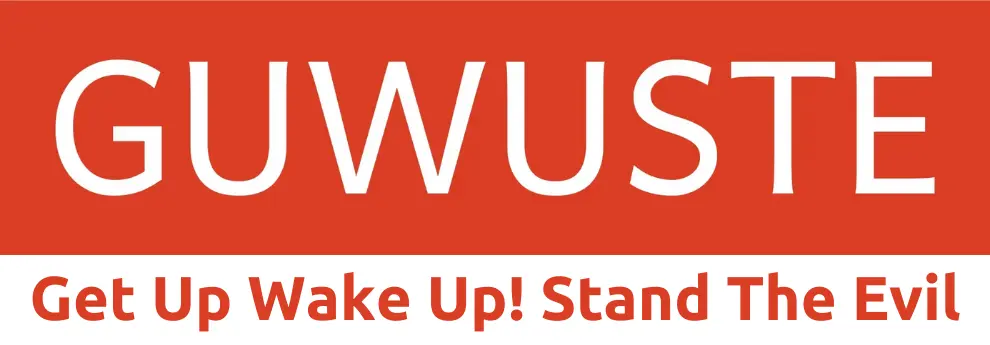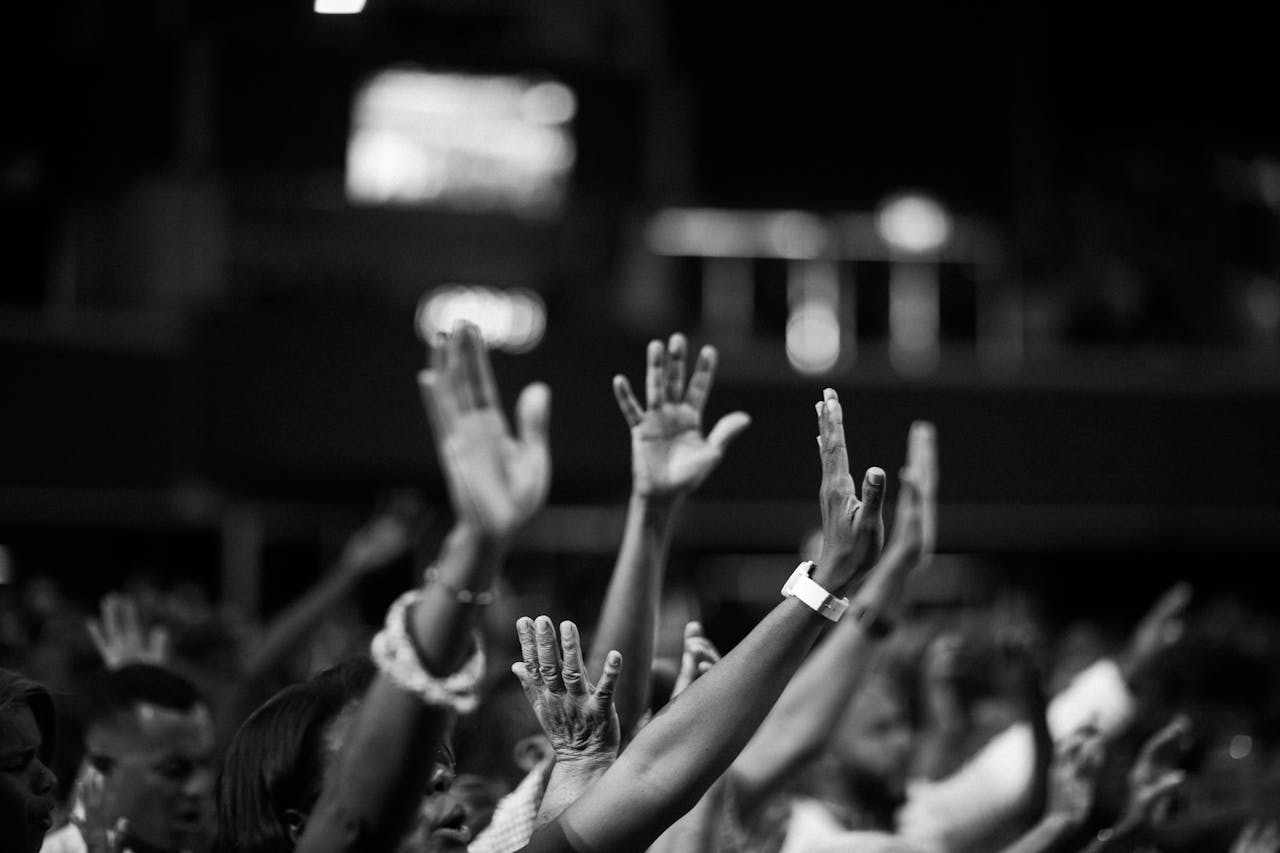The Hidden Face of the Israeli-Palestinian Conflict
21 Jun 2024
- Share:

The Hidden Face of the Israeli-Palestinian Conflict
Will chaos and war continue until doomsday in the shadow of the Global Elites and media manipulation?
The Israeli-Palestinian conflict is considered one of the most complex and long-running conflicts in modern history. It is not only a regional issue, but also profoundly affects global politics and international relations. Recently, theories such as Israeli military and intelligence failures, media manipulation and global elites have further complicated the nature of the conflict. By evaluating these claims and theories, this article aims to examine the regional and global implications of the conflict.
1. Historical Background
The roots of the Israeli-Palestinian conflict date back to the late 19th century. The rise of the Zionist movement and the immigration of Jews to the Palestinian territories marked the beginning of the conflict. The declaration of the State of Israel in 1948 and the ensuing Arab-Israeli wars increased tensions in the region. In the 1967 Six-Day War, Israel captured the West Bank, Gaza Strip and East Jerusalem, establishing control over the Palestinians in these areas. This led to the Palestinians losing their land and becoming refugees.
1.1. Zionist Movement and Jewish Immigration
The Zionist movement started in the late 19th century under the leadership of Theodor Herzl. Herzl argued that Jews should create their own national state and encouraged their immigration to Palestine for this purpose. This wave of immigration led to tensions between the Arab population in Palestine and the Jewish immigrants, laying the foundation for later conflicts.
1.2. 1948 Arab-Israeli War and the Establishment of the State of Israel
The establishment of the State of Israel in 1948 was met with violent reactions by the Arab world and triggered the Arab-Israeli wars. These conflicts resulted in the expansion of Israel's borders and forced Palestinians to live as refugees. The 1948 war is recognized as the beginning of the Israeli-Palestinian conflict.
1.3. 1967 Six-Day War and the Occupied Territories
As a result of the 1967 Six Day War, Israel occupied the West Bank, the Gaza Strip and East Jerusalem. This occupation increased Palestinian territorial losses and exacerbated the Israeli-Palestinian conflict. Palestinians living in the occupied territories were forced to live under Israeli military rule, which became one of the main causes of the conflict.
2. Alleged Israeli Military and Intelligence Failures
Israel is known to have the most advanced military and intelligence systems in the world. However, Hamas' recent attacks across Israel's borders have raised questions about Israel's military and intelligence systems. Allegedly, the Israeli government deliberately withdrew its military presence from the border areas and allowed Hamas to cross. This has raised doubts about Israel's security policies and intelligence capabilities.
2.1. Military Strategies and Vulnerabilities
Israel's military strategies often rely on high-tech defense systems and intelligence networks. However, recent attacks by Hamas have shown that these systems are ineffective and have serious vulnerabilities. The reduction of Israel's military presence in the border areas has further facilitated Hamas attacks and caused great concern among the Israeli public.
2.2. Intelligence Failures and Internal Security
Israel's intelligence agencies are often seen as the most effective and reliable sources in the region. However, they have recently been criticized for their inability to anticipate Hamas' plans and prevent attacks. This has necessitated a review of Israel's internal security policies and intelligence operations.
2.3. Military and Intelligence Reforms
The weaknesses in Israel's military and intelligence systems have highlighted the need for reform. Reorganizing military strategies and intelligence operations, eliminating security gaps and enhancing the security of citizens are of utmost importance. These reforms will determine Israel's future security policies.
3. Media Manipulation and Information Wars
Another aspect of the conflict is media manipulation and information warfare. Allegedly, the Israeli government has instructed media outlets not to share accurate information about the conflict. This has prevented the public from accessing accurate information, hiding the true face of the conflict. Media manipulation has further heightened the chaos and anxiety level of the conflict.
3.1. Role of the Media and Information Flow
The media plays a critical role in how conflicts are publicized. In the Israeli-Palestinian conflict, media outlets' biased coverage and manipulation of information flows have greatly affected the perception of the conflict. The Israeli government's influence over the media has resulted in hiding the true face of the conflict and misleading the public.
3.2. Social Media and Alternative Information Sources
Along with traditional media, social media and alternative sources of information also play a critical role in publicizing conflicts. Social media platforms facilitate public information by presenting the conflict from different angles. However, misleading information and disinformation spread on social media can exacerbate the chaos and anxiety caused by the conflict.
3.3. Effects of Media Manipulation
Media manipulation can significantly influence the perception and public response to a conflict. Misinformation and disinformation create public anxiety and chaos and make conflict resolution more difficult. The effects of media manipulation can also have an impact on the long-term consequences of a conflict.
4. Theories and Global Conspiracies
One of the most debated aspects of a conflict is the allegations of global conspiracies. These allegations suggest that Israel and Hamas are controlled and manipulated by global powers. Such theories argue that the conflict is not only regional, but also part of a wider power struggle. Such theories exacerbate the chaos and anxiety caused by the conflict.
4.1. Global Elites and Power Dynamics
Theories on Global Elites can be indicative of the existence of a hidden and influential power structure beyond formal state structures. When applied to the Israeli-Palestinian conflict, these theories suggest that Israel and Hamas are controlled and directed by global powers. However, time has shown that this has the potential to indicate that the power dynamics underlying the conflict are even more complex and profound.
4.2. Global Conspiracies and Strategic Targets
Global conspiracies provide an important perspective to grasp the strategic goals and objectives behind the conflict. Allegations state that the conflict between Israel and Hamas is a reflection of global powers' efforts to protect and expand their strategic interests in the Middle East. These theories suggest that the conflict is not only a regional issue, but also part of a wider power struggle.
4.3. Criticism of theories on global elites
There are different views on theories about Global Elites that are often speculative and based on unsubstantiated claims. These theories can illuminate or obscure the complexity and multidimensionality of conflicts. Nevertheless, these theories offer an important perspective for understanding the power dynamics and strategic objectives underlying conflicts. Criticisms and warnings against Global Elites are critical for questioning the validity and credibility of these theories.
5. Regional and Global Impacts
The regional and global implications of the Israeli-Palestinian conflict further emphasize its shades of chaos, anxiety and war. At the regional level, the conflict threatens the stability of the Middle East and affects the political and social dynamics of neighboring countries. At the global level, the conflict is attracting the attention of the international community and contributing to the reshaping of global security policies.
5.1. Regional Impacts and Stability in the Middle East
The Israeli-Palestinian conflict directly affects the stability of the Middle East. It is changing the political and social dynamics of neighboring countries and triggering other conflicts in the region. Countries such as Lebanon, Syria and Jordan are directly feeling the effects of this conflict, which threatens the stability of the region.
5.2. Global Impacts and International Reactions
The Israeli-Palestinian conflict has significant global implications. The international community reacts differently to this conflict and this affects security policies around the world. The United Nations, the European Union and other international organizations have made various attempts to resolve the conflict, but these efforts are often unsuccessful.
5.3. Economic and Social Impacts
The economic and social impacts of conflicts directly affect the lives of the people of the region. Economic instability, unemployment and poverty are among the direct consequences of conflict. Socially, conflict causes deep divisions and mistrust between societies. These effects determine the long-term consequences and resolution processes of conflict.
6. Future Scenarios and Solution Suggestions
Future Israeli-Palestinian conflict scenarios and potential solutions are critical to mitigate the chaos, anxiety and tone of war that the conflict has created. This section discusses proposed strategies and possible scenarios for resolving the conflict.
6.1. Two-State Solution and Peace Process
The two-state solution envisages a scenario in which Israel and Palestine live side by side in peace. This solution is widely supported by the international community, but faces various challenges in implementation. The success of a two-state solution would depend on mutual trust and cooperation between the parties, which is not possible. Because Israel will eventually start another war.
6.2. Alternative Remedies and Regional Cooperation
In addition to the two-state solution, alternative solutions have also been proposed. These include increasing regional cooperation and integration, promoting economic and social development, and addressing the root causes of the conflict. Regional cooperation, it is argued, can be an important strategy to reduce the conflict's tone of chaos and anxiety.
6.3. The Role of the International Community
The international community plays an important role in resolving the Israeli-Palestinian conflict. The United Nations, the European Union and other international organizations are engaged in various initiatives to end this conflict and play a mediating role between the parties. The support of the international community will play a vital role in resolving this conflict.
6.4. Civil Society and Peace Initiatives
Civil society organizations and peace initiatives play a critical role in conflict resolution. They make a valuable contribution to the peace process by encouraging dialogue and cooperation between the parties. The role of civil society is vital to stopping the chaos, anxiety and carnage that conflict creates.
This article addresses critical issues that every individual who values the dignity and freedom of humanity should be aware of, and argues that those who work against humanity should be aware that "invincible", but rather to expose the fact that they will never achieve their goals against humanity unless people allow them to do so. Not allowing them will be the beginning of bad news for them.
Guwuste com
Arise and warn! And stop the evil!
Our readers can use the content without permission, provided that they cite the source...






